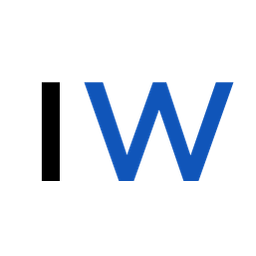Issue #47: hearEQ by Alex Andrews
Today, we're looking at hearEQ by Alex Andrews.
hearEQ is an ear training app for musicians, sound engineers, and audio lovers and was named one of "the best iPhone and iPad apps for musicians".
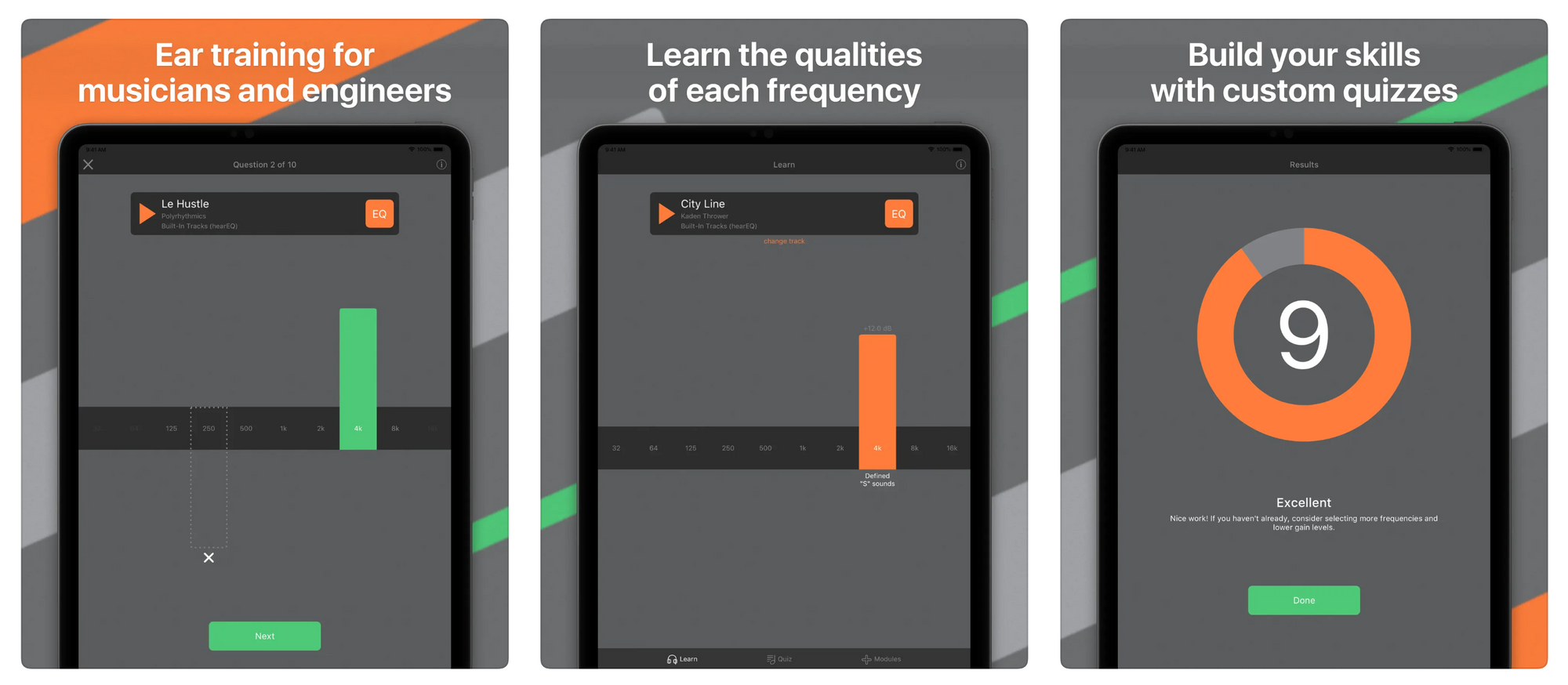
Each frequency range has its own distinct color, quality, and character. For sound engineers and musicians, knowing how to apply this to an equalizer (EQ) can make a transformational change to your sound—whether you're mixing a live concert, a recording, or even playing music through iTunes.
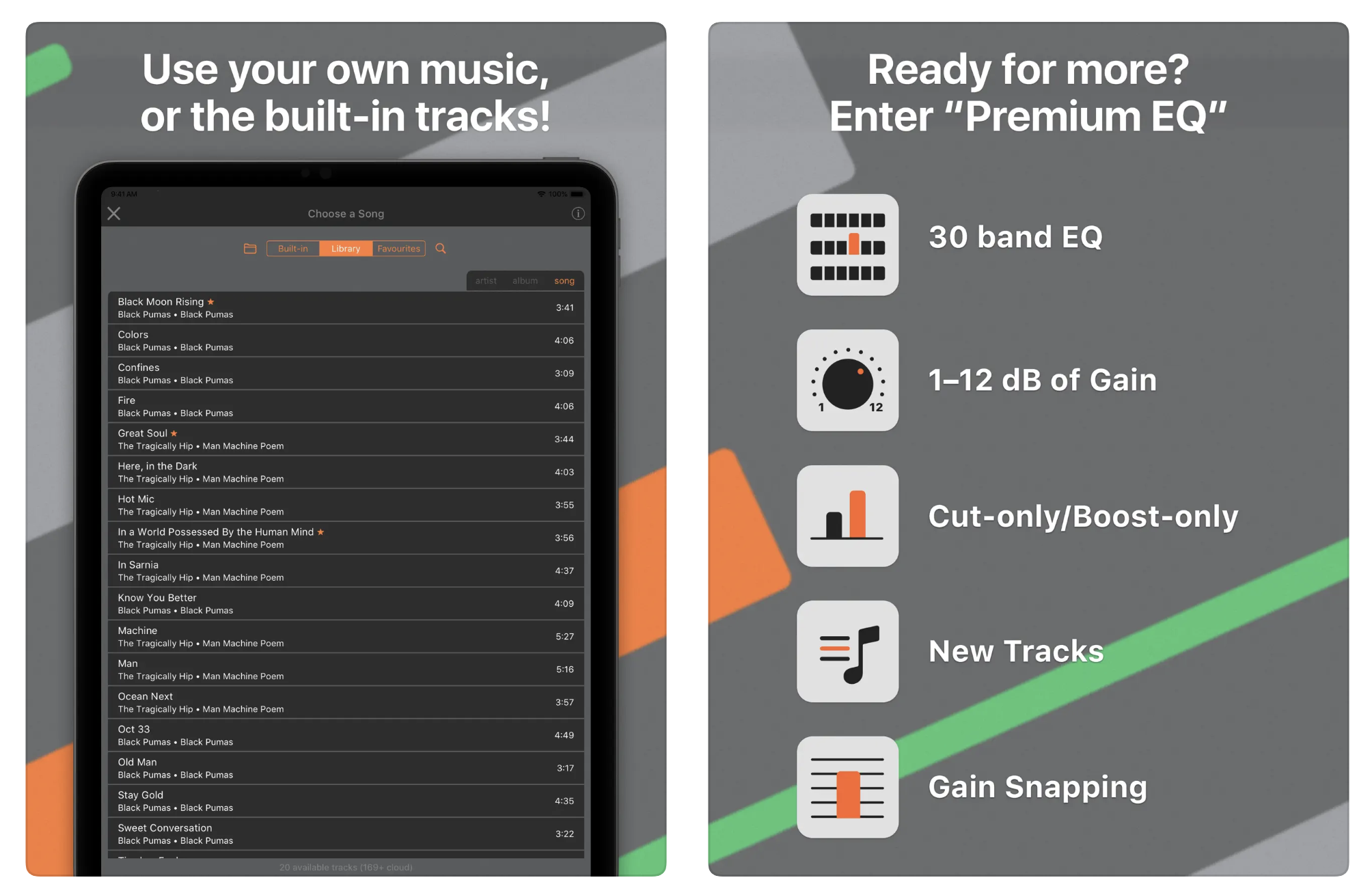
That's where hearEQ comes in. It uses your favorite songs on your device to create custom ear training exercises that teach you all about frequency bands and help you really hone your EQ (equalizer) skills.
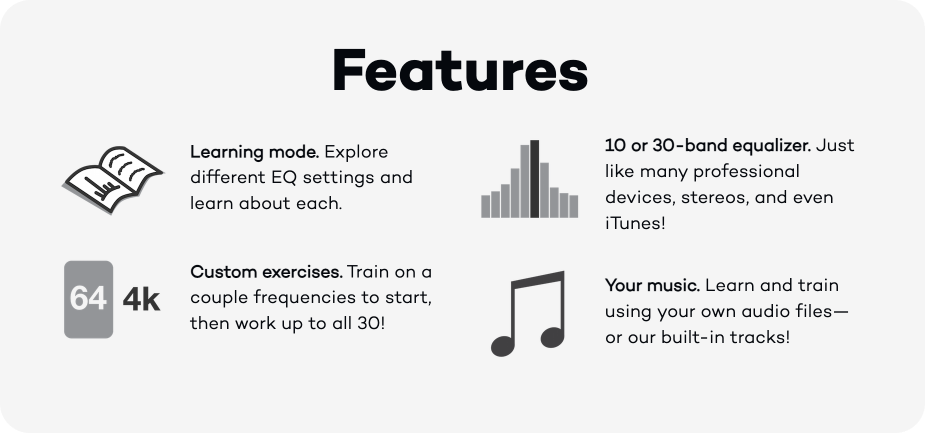
Your song will be played back with a simple equalization applied—and you guess what it is.
- Was it really clear, maybe a bit hollow? Could be a 1000 Hz cut.
- Was it muddy? Maybe that's a 500 Hz boost.
- Was it really present, almost too in-your-face? Sounds like a 4kHz boost.
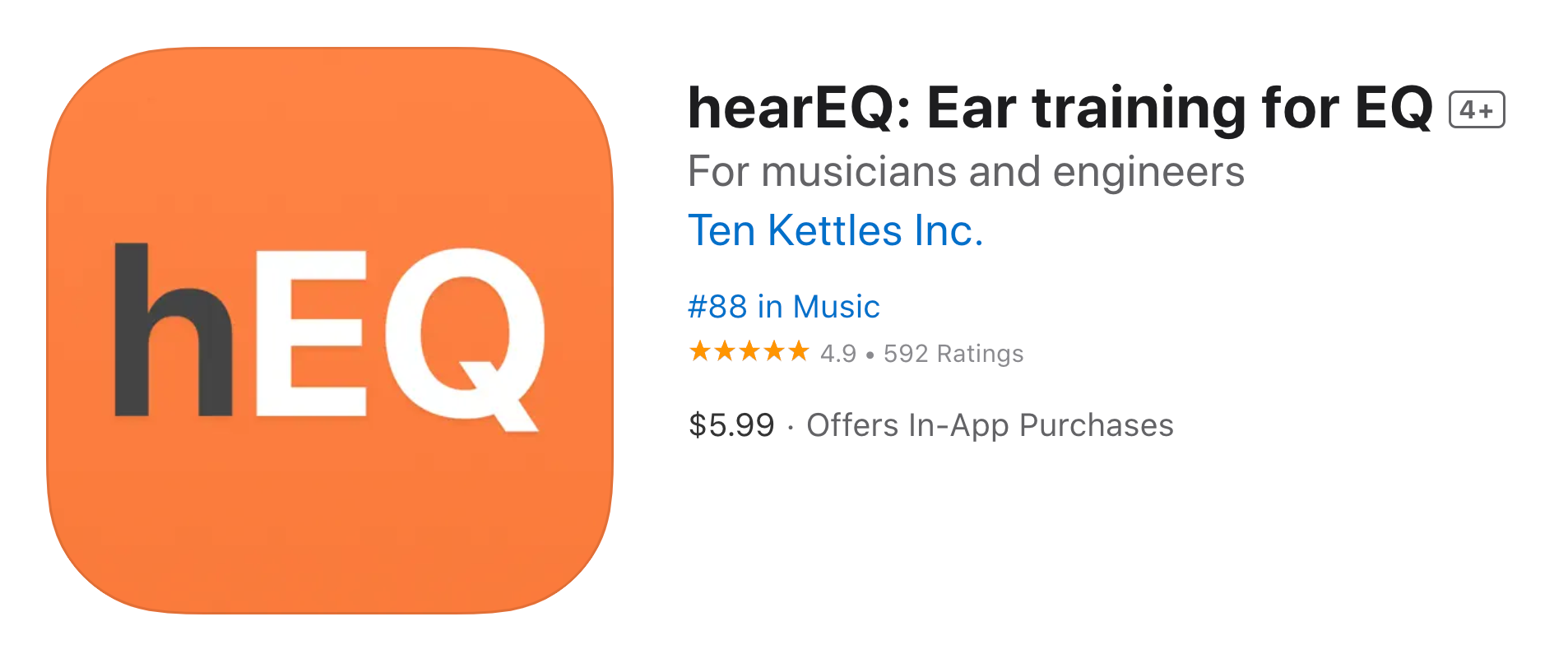

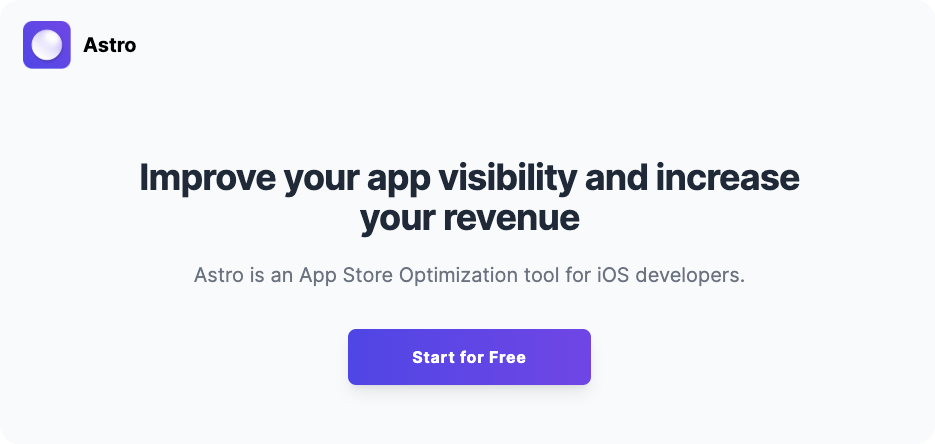
Can you tell us a little bit about yourselves?
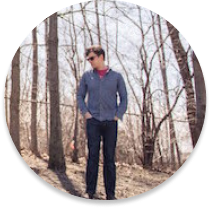
I'm Alex, and I'm the founder/developer at Ten Kettles. It's a one-person (and one-dog) operation, and it's all about music education. There are three main apps: Waay for learning practical music theory skills, hearEQ for ear training, and BeatMirror for building your inner metronome.
I started Ten Kettles in 2014 after about a decade juggling a) a career in biomedical engineering/research, b) teaching music privately, and c) lots and lots of playing and performing music. I care deeply about teaching and music, and apps can be a good vehicle for that—and are fun to make too. The guiding philosophy of Ten Kettles reflects those values: people are the priority, the tech is just one way to reach them.
How did you come up with the idea?
For hearEQ, my band was working with a sound engineering student back in 2014, and I was giving her in-person EQing lessons. I thought "hey, an app would be sooo handy for this." A week later, hearEQ 1.0 was complete! It's come a long way since then, but that was how it all started. (This video probably sums the whole app up best.)
💡 Want to see your app featured?
Submit your app or reach out on X 🐦
How did you market the app as an indie developer?
In the first few years of Ten Kettles, there were quite a few music app blogs which were really helpful in spreading the word about the apps (e.g., Discchord, Music App Blog). There were also some great podcasts, and a couple physical magazines that published reviews too. It was pretty exciting being in a physical magazine, and I think those reviews lent some extra credibility to the apps.
But, one of the main avenues to reaching people was writing educational content on the Ten Kettles blog, and syndicating it elsewhere. I’ve written on improvisation, science of music, writing chord progressions, songwriter interviews, and a lot more. I’m not sure I’ll continue publishing these on the open web, given the growing risk of it being gobbled up and repackaged by AI companies, but we’ll see how things go. Our newsletter community is quite active too.
What’s your app design and development workflow like?
The workflow for Ten Kettles’ first main app, hearEQ, went like this: a) iron out the core vision, b) build the core functionality very quickly, c) launch it, d) continue developing it for the next decade (rewriting it along the way)!
Waay was different. I spent about a year pulling it together, and spent a lot of time meeting with musicians, music teachers, and people without much musical background for feedback. It was great! And there was a serious beta testing period too before I even launched V1.0. I do lots of beta testing in general, and it’s a great way to get honest feedback and to build community too.
BeatMirror was somewhere in the middle. I launched the core product quickly, but then pulled back when I wasn’t happy with it (even took it off the App Store). I then went back to the drawing board, and built it in a way I was much happier with. That one is all about the algorithm—making sure the tempo measurements are accurate and useful—so it’s a fun one to work on. (Here’s a demo.)
Any advice on monetizing your app and improving conversions?
Once you've landed on an app idea that excites you and that you care about, then I think the usual advice is good: look at the price of similar apps, try out some different prices around that point, and measure the results. If you think a subscription makes sense for what you're offering, give that a try too.
Also, don’t be afraid to actually charge what you think the app is worth. It took me a while to learn that lesson. I think there’s another effect of keeping the pricing honest too: if you price something like a side-project, people will see it that way—and you might end up treating it that way too. Be bold, and make the app worth the price.
Getting the idea down first has been the most important thing for me. If that part’s right, then more and more people use (and pay for) the app—and I have the time and opportunity to improve the business model later. But when I’ve cared too much about the business model first, and not really fallen in love with the idea, it’s tended to fizzle.
What's your favorite tool in your workflow?
Hmm. The first thing that comes to mind is my "workflows" script. Every time I do a new "once-in-a-while" task, I write up a short text file on the details. Then I have a simple script that I can pull up in Terminal that searches keywords from these files to print out the relevant workflow. It’s super simple, but I use it all the time.
As an independent developer, there are so many different domains you touch on—and it’s easy (at least for me) to forget how to do something like paying a tax installment a day or two after doing it. Same goes for those rare but important git routines, my video editing workflows, and so on. Anything I can do to reduce the friction when I have to “change hats” and go into a different domain is helpful!
Oh, and the other big thing is the Ten Kettles take on Scrum: "Scrum of One." Here's a write-up.
What was your launch strategy? How did you drive traffic to your launch?
I have definitely not perfected the launch. For hearEQ 1.0, I believe I just wrote the app, launched it, and then started reaching out to people in earnest afterwards. But these days I usually let Apple know about major updates, maybe send out emails to bloggers, podcasts, or (real-life!) magazines, and update the Ten Kettles community through our newsletter or Waay’s in-app news section.
Another thing I like doing is to personally email all the folks who've gotten in touch about a specific feature or course we're releasing. It takes a while, but I enjoy doing it and continuing those conversations. Our users have some great ideas—they’re the real experts when it comes to our apps—and so it’s great to shoot around some ideas with them.
But when it comes to launching, the Ten Kettles trend tends to be not-too-momentous launches followed by slow and steady growth over months/years as the apps and their communities grow. I’ve been in it for the long haul and many of our users have been too, so it works for me!
What are the future plans for your app?
For hearEQ, there are some big things in store. But I'm still mulling over the details for these, so don't want to reveal too much! For Waay, I just released two brand new courses (Intervals I & II), and will likely dive into some further developments to Waay's memory retention tools. And I actually just received a fantastic email from a user this morning that got me thinking about a new app idea that I would really be behind. It’s an exciting time!
A quick welcome to the ✨ 4 new people ✨ joining us - feel free to reply to this email and say 👋.
If you're enjoying the newsletter, please consider sharing it!
Here's the last issue in case you missed it:
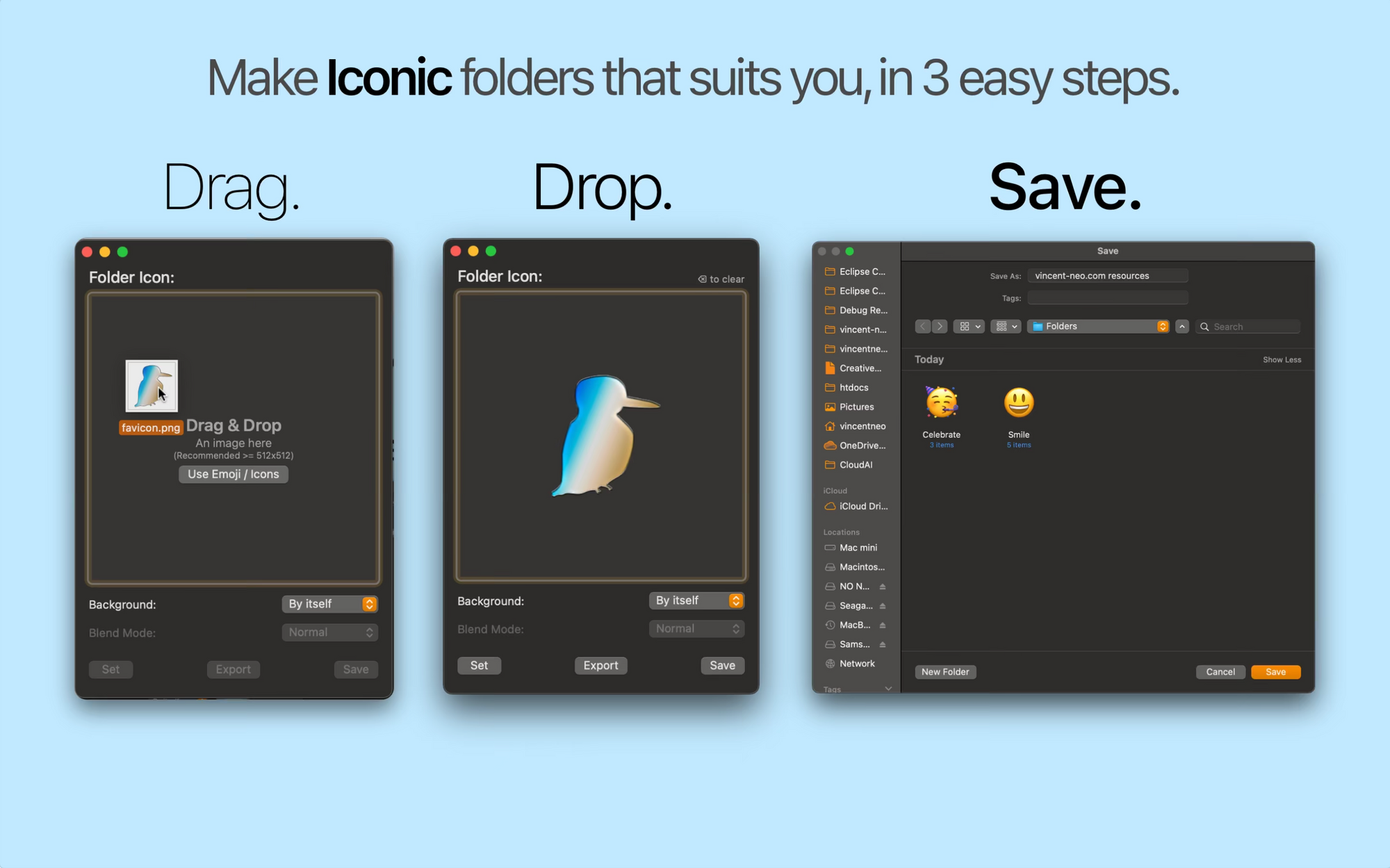
🎉 Exciting news! 🎉
My books Ace the iOS Interview and Practical Tips for Junior iOS Developers are now both free!
If you're looking for more, check out my blog for articles on iOS Development & Swift. Or, follow me on X for more updates!
Have some feedback you want to share or questions you'd like me to ask in the next interview? Drop me a message 📧
